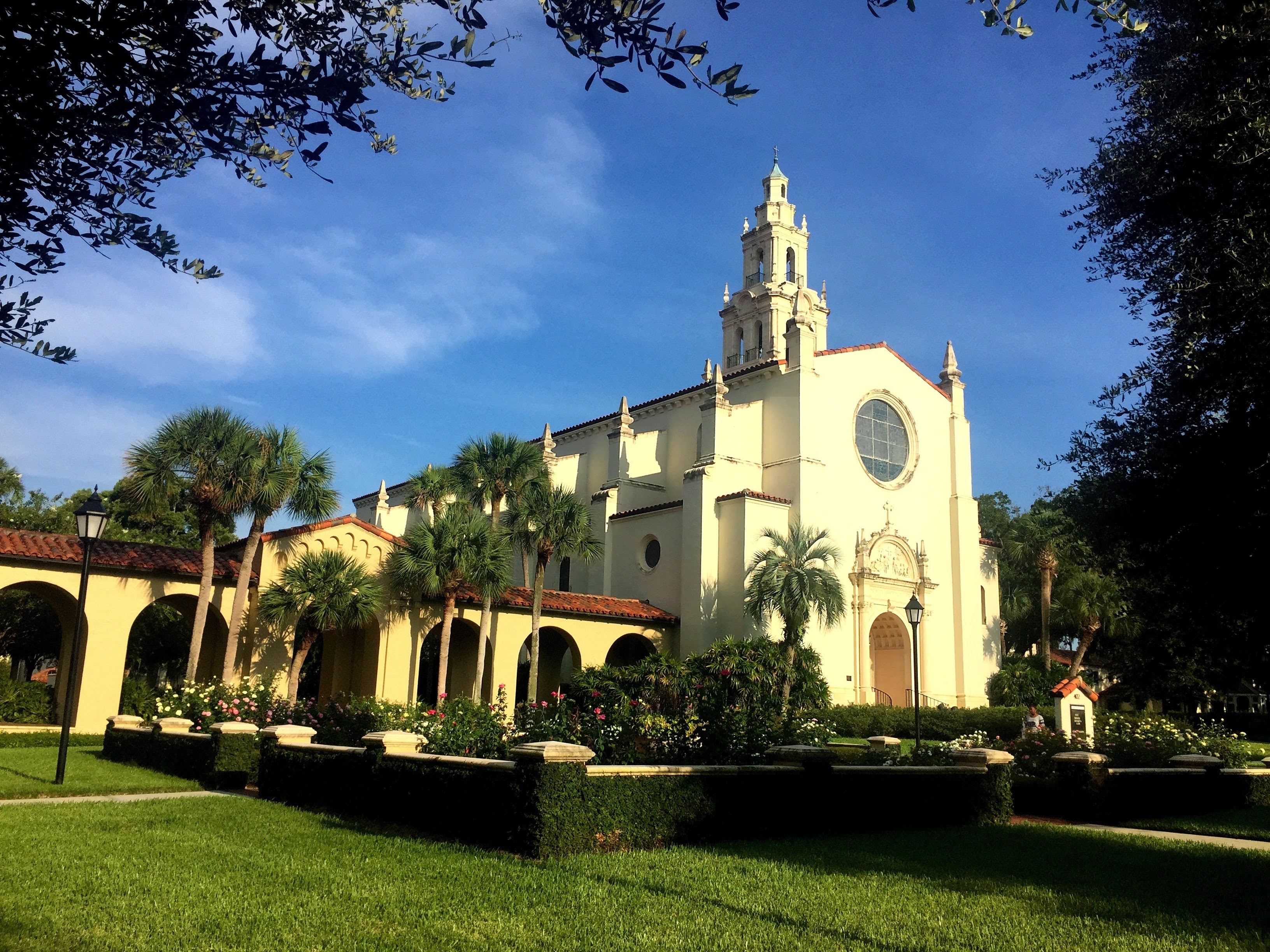Religion, as C. S. Lewis said, “If false, is of no importance, and if true, is of infinite importance. The one thing it cannot be is moderately important.”
Throughout the Rollins College campus, though, there seems to be apathy toward religious truth. Even people who claim to adhere to religious traditions often fail to follow its teachings.
As college students, we have the opportunity to grapple with the big questions of life in an environment that will readily provide us the resources to do so. Is there a God? Does life have an ultimate meaning? Is morality grounded in something higher than societal values?
Such questions simply cannot be answered outside of religion.
Furthermore, these are not mere academic questions; these questions are integral to our identities as human beings.
If the answer to those questions is “no,” and if religion is a complete fairytale, then there is no reason why delusory religious practices should have a role in our lives.
If there is a true meaning for our existence, true justice for the oppressed that we can never give, true love and hope that transcends times, trends, and lines on a map, then how could we ever refrain from building our lives around such a magnificent reality?
Religious questions matter.
As I look at Rollins, I see a campus that is apathetic to the big questions posed in life.Is there no wonder and enthusiasm in the prospect that there could be a God of the universe who loves you? Would that not be the most important thing you could discover? Is it not worth trying to discover?
I think the reason for this apathy is the widespread assumption that religion is a matter of personal preference and that all religions say the same thing at the core.
If it all comes out the same in the wash, then there is more reason to care about religion other than for personal enjoyment or as a historical and cultural phenomenon.
A pluralistic view of religion, however, simply cannot be true; it reflects either ignorance of the differences in religious teachings or intolerance that one view should claim to be closer to reality than another.
All religions cannot possibly be true; a cursory reading of the claims that they make will demonstrate this. They could all be false, but how is that view any more tolerant than claiming that one religion is correct?
Religion is not something of which we should fear discussion. We should embrace it.
I am not arguing that all you should do is read holy books, pray to gods at random in the hopes of finding the right one, or try to force others to believe what you do.
I am arguing that college is the time and place to be having conversations about our place in the world and the reality that we believe in.
I want to have these conversations. I want to seek truth. How about you?







Be First to Comment